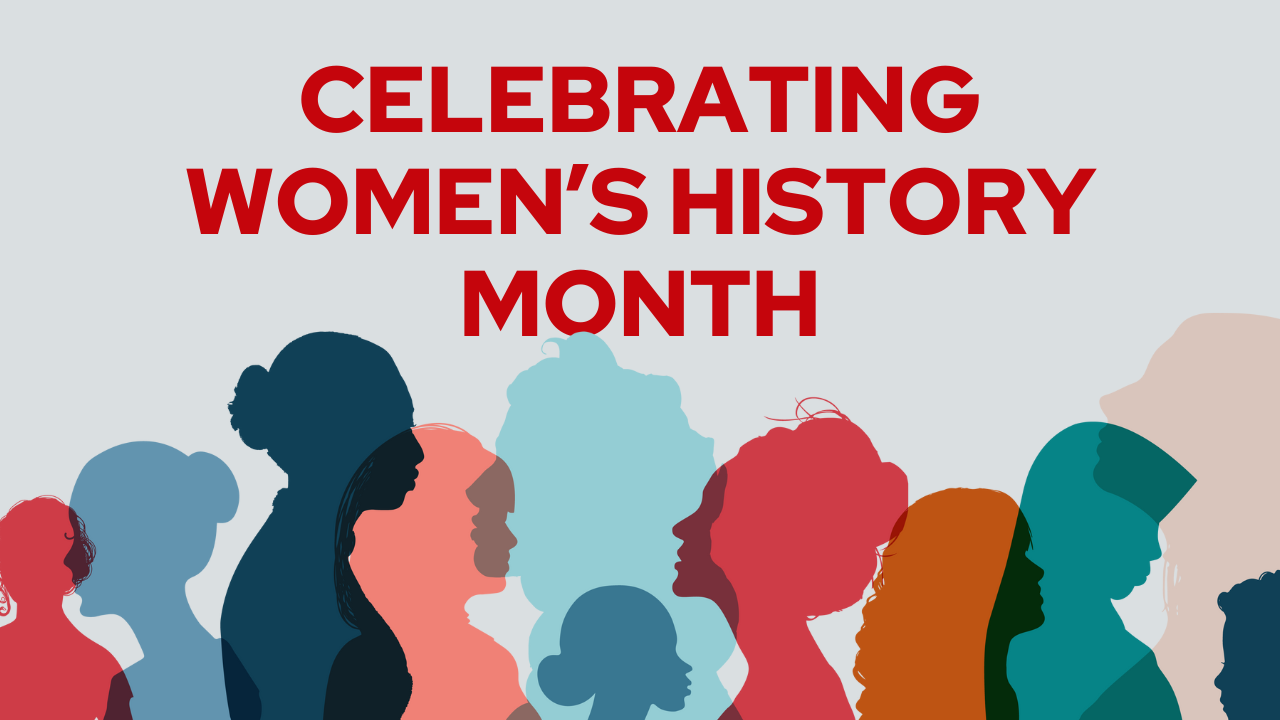
March is Women’s History Month and to celebrate we’re highlighting some of our amazing J-School women in research. This week, we are excited to feature Xiaoya Jiang, a Ph.D. student studying public opinion. Her work centers on measuring public opinion and using strategic communication to promote pro-social public opinion on critical issues in the digital media era.

Tell us a bit about your research.
I study public opinion using computational approaches. To get started, I assess public opinion on critical issues in the society. After knowing what is out there, I detect factors that explain why we have all these kinds of opinions. With these insights, I come up with strategies to promote pro-social public opinion. Surrounding these three focuses, I have examined public opinion on various topics, like immigration, social distancing, cancer, Common Core, GMOs, organ donation, and vaccines.
What do you think are some of the current challenges for women in research today and how can we ameliorate them?
In my experience, female researchers have more challenges in work-life balance. We have extra pressure in personal life plans, we are supposed to make more compromises for major decisions in the family, and we are supposed to take more care of the household in our personal lives.
For major personal life plans, if we want to have a partner and a family, compared to male colleagues, we oftentimes feel more compelled to get married and have children before a certain age. This is due to both physical limitations and social pressure in certain contexts. Let’s say, it is oftentimes perfectly fine that a male researcher gets married and has children at age 40, but usually not the case for female researchers. On the other hand, a career in academia can take long before we get on track. Women who want to have a family are usually allowed less time and fewer zigzags in exploring careers. Sometimes it is hard to find the balance and manage the pressure.
Also, assuming a female researcher gets a family, usually, it is the females who would compromise in major family decisions. For example, if a couple works in different places, in many situations the female would move to her spouse’s place, not vice versa.
For daily lives, in many contexts, compared to males, women are more expected to cook, do housework and take care of family issues than men. But at work, the expectations, workloads and evaluations for female and male scholars are the same. So women usually need to work extra hard to fulfill roles in their personal life and in work, or have to compromise the time and energy they could have devoted to work.
It takes the whole village to ameliorate these issues, such as a change of social norms at the individual level, more supportive systems at the institutional level, and in general, a more mainstream belief that women can be as ambitious and successful in their career as males in society.
Who is your female research role model and why?
Ruth Bader Ginsburg, if we can broadly call some of her work research. Because she went against the odds in her generation, which is much harder than what we face now. Also after she succeeded and obtained power, she used it for the good of the society.
Can you share a rewarding moment from your career?
Becoming friends with peers, having transparent communication with colleagues and receiving good comments from students. It makes me feel I am also a good person in my pursuit of a career. For research, the journey is endless. I feel the most rewarded during the journey when I can be an honest, virtuous, and nice person in exploring my career. To me, being a good person goes first, being a competent scholar goes second.
What’s the most interesting thing you’ve found in your research?
A concrete example would be immigration research which I have been devoted to since my first year of the Ph.D. program, I served as leader of this research team in SMAD. We just got our first major study published in Political Communication. In the second major study, I was curious about whether anti-immigration sentiments are based on real-world situations, or it is mainly driven by political discourses. For example, when people talk about immigrants’ threat to the economy and safety on social media, is it driven by real-world situations regarding unemployment situations and crime cases, or is it triggered by right-wing politicians and media’s discourses? After collecting, processing and analyzing anti-immigration expression online in multiple platforms from 2018 to 2020, results revealed that it is discourses! The discourses, instead of what is actually happening in the world, drove up social media expressions regarding immigrants’ threats as well as expressions regarding general antipathy toward immigrants. These findings have implications regarding efforts to reduce outgroup animosity—it is not driven by real-world situations, so providing information or debunking misinformation may not work well. Instead, well-designed, competing discourses may work better in alleviating outgroup bias and promoting inter-group communication and understanding.